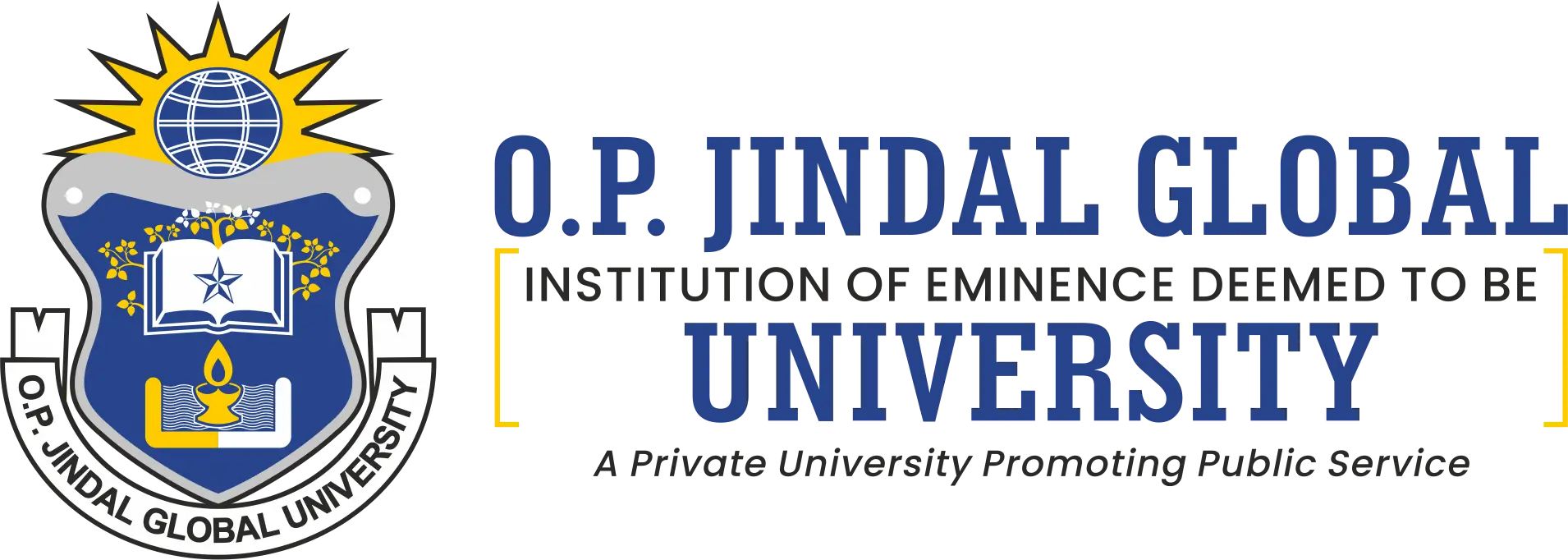Inclusivity
JGU endeavours to create an inclusive education system that embraces the vast diversity present in the students, faculty and subjects taught.
In an age where the complexities of our working and living worlds place huge expectations to cope with uncertainty, the acquisition of skills that help students thrive in heterogeneous groups and communities, and embrace dissimilarities and distinctness becomes crucial. Higher education institutions across the world today have a responsibility to address this through conscious inclusion of issues and themes relating to diversity and associated concerns in curricula and research. While we identify a host of benefits that arise from implementing diversity in classrooms and campuses, there is also a recognition of the challenges that arise from this. Institutions need to adopt agile and overt strategies to ensure that discrimination or exclusion of vulnerable categories of people is addressed.
The possibilities for these could be wide ranging and include lower satisfaction of women and minorities in the work environment as a result of explicit or implicit forms of alienation, isolation, stereotyping, differential treatment, and the pervasiveness of unconscious biases. The vulnerability or exclusion of an individual or group may be based on characteristics that include race, ethnicity, religion, nationality, sexual orientation, marital or civil partnership status, and disability among others. ‘The import of these for universities and higher education institutions is crucial.
Addressing broad challenges in the national higher education system has been a key focus for JGU since its founding in 2009. These challenges include the creation of equitable, fair, and safe environments on university campuses. Over the past nine years, for example, JGU has strived to improve the representation of women in the student and staff body, and increase the role of women in leadership and governance. We have also institutionalised mechanisms to address discrimination at various levels. These include university-level committees to address specific forms of discrimination, ragging, sexual harassment and disabilities of any kind.
View ‘Diversity and Inclusion: Towards Building a Diverse, Equitable and Global University’ report https://s3.ap-south-1.amazonaws.com/jgu-dev/EXECUTIVE+SUMMARY.PDF



